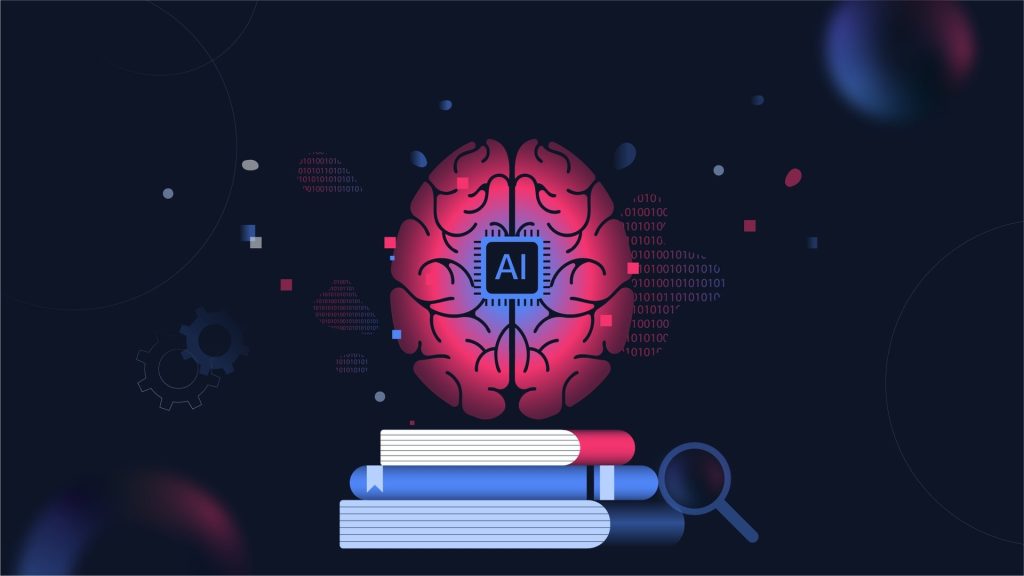The concept of personalized learning has long been an aspirational goal in education, with educators recognizing that each student has unique learning needs, preferences, and abilities. Historically, resource constraints and practical limitations have made true personalization challenging to implement on a large scale. However, as we progress through 2025, artificial intelligence is bridging this gap, making individualized learning experiences increasingly accessible to students across various educational settings.
The emergence of sophisticated AI Homework Helper platforms marks a significant advancement in this journey toward personalization. These intelligent systems go beyond simply providing answers; they analyze students’ work patterns, identify knowledge gaps, and adapt guidance based on individual learning trajectories. This dynamic responsiveness represents a fundamental shift from static educational resources to interactive learning companions that evolve alongside the student.
Recent data indicates that student engagement remains a critical challenge, with approximately 50% reporting they are “not engaged in what they are learning in school most of the time.” This disengagement often stems from content that fails to connect with students’ interests or learning styles. AI-powered personalization addresses this issue by tailoring educational content to individual preferences, making learning more relevant and engaging for each student.
The effectiveness of personalized learning through AI extends across various subject areas. In mathematics, adaptive systems present problems at appropriate difficulty levels, incrementally challenging students without overwhelming them. Language learning applications analyze pronunciation patterns and vocabulary usage, providing targeted practice in areas needing improvement. Science education platforms visualize complex concepts based on students’ conceptual understanding, making abstract ideas more accessible.
Educators implementing AI-enhanced personalization report significant improvements in student outcomes. Beyond academic achievement, these approaches foster greater student autonomy and metacognitive awareness. As learners receive immediate feedback on their work and gain insights into their learning patterns, they develop a deeper understanding of their own cognitive processes. This self-awareness is invaluable for lifelong learning, enabling students to approach new challenges with greater independence and confidence.
Contrary to concerns that AI might diminish the role of teachers, effective implementation of these technologies actually transforms and elevates educational practices. Teachers shift from being primary information providers to learning architects and mentors. With AI handling routine aspects of instruction and assessment, educators can focus on developing higher-order thinking skills, fostering creativity, and building meaningful relationships with students.
The integration of AI in personalized learning also addresses equity concerns in education. Traditional educational models often struggle to provide adequate support for students with diverse needs, including those with learning disabilities, language barriers, or accelerated learning capabilities. AI systems can detect specific learning challenges and provide appropriate interventions, ensuring that all students receive the support they need to succeed.
However, meaningful implementation of AI-powered personalization requires thoughtful consideration of various factors. Technical infrastructure, data privacy protocols, and teacher training are essential components of successful integration. Educational institutions must develop comprehensive strategies that address these elements while maintaining a focus on pedagogical goals rather than technological novelty.
Parents also play a crucial role in this evolving educational landscape. Understanding how AI tools support their children’s learning enables parents to reinforce these approaches at home. Open communication between schools and families regarding the purpose and implementation of AI technologies helps create a cohesive learning environment that extends beyond classroom walls.
Looking ahead, the potential for AI in personalized learning continues to expand. Emotional intelligence features are being developed to recognize signs of frustration or disengagement, allowing systems to adapt their approach accordingly. Virtual reality integration enables immersive learning experiences tailored to individual interests and learning styles. The boundaries of what constitutes personalized education are constantly expanding as technologies evolve.
The future of education increasingly lies at the intersection of human insight and artificial intelligence. By leveraging AI’s capabilities to deliver truly personalized learning experiences, we can create educational environments that honor each student’s uniqueness while providing the support they need to thrive. This approach represents not merely a technological advancement but a fundamental reconceptualization of how learning can be structured to maximize human potential.

